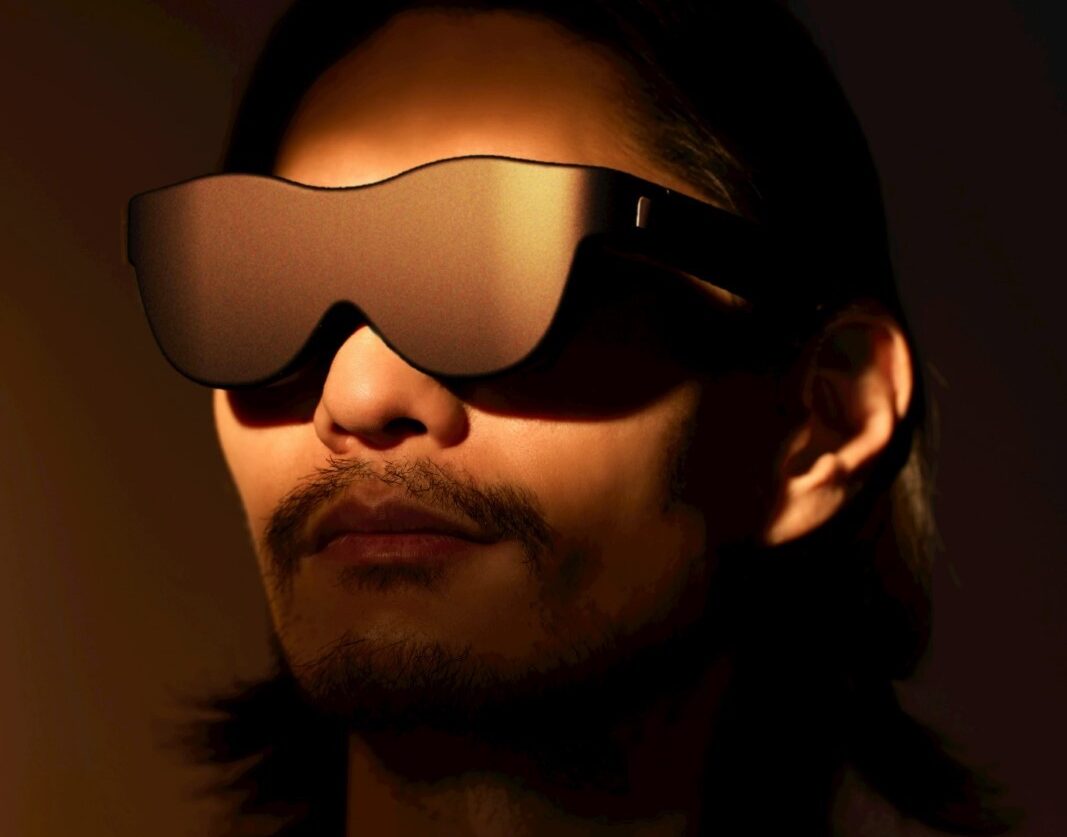Every era has its prophets, its visionaries, and its charismatic loud figures promising salvation. In our age, Silicon Valley produces them in bulk. You know the type: typically male, invariably confident, and, of course, habitually clad in that quasi-mystical attire: black T-shirt and fashionably oversized hoodie. Somehow, this informal garment has evolved into a modern-day prophet’s robe, signalling genius, disruption, and revolutionary potential.
The narrative is simple and intoxicating (and frankly boring beyond tears): a young prodigy, ideally college dropout (Harvard preferred, Stanford acceptable), working out of a (upper-middle-class-rich-dad-sponsored) garage (the fake humbler the better), disrupts entire industries overnight, without even breaking a sweat. They offer speeches peppered with buzzwords like « disruption, » « democratization, » “seamless”, “bleeding-edge” and « exponential growth. » And inevitably, the world, the world’s journalists, and a ant-army of influencer ants hangs on their every word, worshipping at the altar of their latest innovation.
Now, don’t get me wrong. I deeply respect the breakthroughs that technology has brought into our lives. We’ve genuinely seen remarkable innovations. My dark cynicism isn’t aimed at the inventions themselves (well, not always), it’s aimed squarely at the cult of personality built around their inventors. History is painfully clear: blind devotion rarely ends well… if ever.
Take Elizabeth Holmes of Theranos fame. She perfected the uniform -black turtleneck, authoritative stance, intense gaze, buzzwords a-gogo – and was heralded as the next Steve Jobs. Investors, journalists, and leaders worldwide listened, applauded, and wrote very large checks without asking too many pesky questions. We know how that story ended: innovation theater at its finest, billions lost, reputations shredded. (and probably a good Netflix series in the making)
But even when the tech is real and impactful, the danger remains. Elon Musk is brilliant, unquestionably. Electric cars, reusable rockets: truly transformative ideas. Yet, Musk’s followers sometimes verge on disciples, blindly defending every tweet, every controversy, every late-night whimsy as part of a grand, inscrutable master plan. Dogecoin -a cryptocurrency initially conceived as a joke- has been inflated by this very cult-like devotion into a bizarre phenomenon of speculative frenzy, further evidence of collective irrationality. Musk himself often seems barely held together, visibly frayed by relentless stress, sleep deprivation, and a notoriously unhealthy cocktail of ambition, alleged drug habits, ketamine experimentation, provocative behaviors, and a questionable assortment of hallucinogenic mushrooms. Yet, his followers shrug this off with unwavering « it’s OK-ness, » dismissing legitimate concerns as trivial distractions or media conspiracies. The result? Dangerous groupthink, where critical voices are silenced by fervent believers chanting the gospel according to Musk, refusing to recognize that behind the genius lies a deeply flawed and dangerously human reality.
Why do we do this? Why do we crave these messiahs, ignoring cautionary tales, repeating history with disturbing consistency? Perhaps it’s because, deep down, complexity frightens us. Perhaps it’s because in an age when religious sentiment is rejected or mocked, man is desperately searching for something beyond himself, something transcendent? Facing the uncertain realities of technological change is hard work. It’s so much easier to follow the guy in the hoodie, trusting blindly that he alone sees clearly what the future holds. Simple narratives comfort us, absolve us from the responsibility of critical thinking. But there’s the rub: innovation isn’t simple. The world isn’t neatly disrupted overnight; progress involves painful trial and error, genuine collaboration, and considerable humility. Worshipping at the altar of the lone genius is not only unrealistic, but also irresponsible. It disempowers entire teams of talented, often overlooked professionals who genuinely drive technological progress.
Scepticism toward Silicon Valley prophets doesn’t mean being anti-tech. It means maintaining a healthy critical distance. It means evaluating innovations based on merit, sustainability, and ethics rather than charisma, marketing, or wardrobe choices. It means choosing thoughtful inquiry over blind belief. As leaders, particularly in technology, our job isn’t to find prophets to follow but to cultivate informed discernment, foster real innovation, and encourage meaningful debates. Let’s remember that behind every flashy keynote, viral TED Talk, or hyperbolic tweetstorm, lies the complex reality of humans doing hard, unglamorous work.
Next time a new tech guru emerges, hoodie-clad and promising miracles, remember: Respect the innovation, yes. But worship the innovator? History warns us -firmly and repeatedly- that never it ends well.
